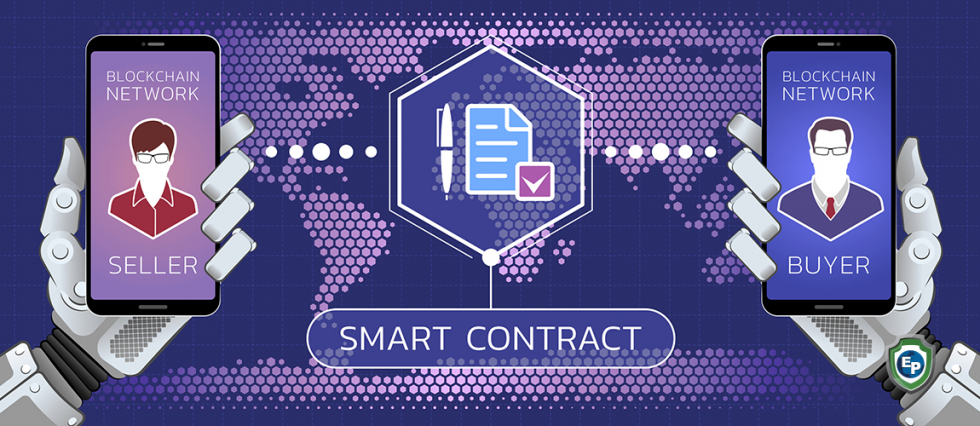How Blockchain Will Revolutionize International Trade
The internet has undoubtedly changed international trade forever. But what's the next step? Read this blog to find out how blockchain will move trade to the future!

The internet has changed international trade forever. Companies can now market their products worldwide and easily communicate with their customers, no matter where they are. eCommerce has decreased the costs of marketing and shipping, increased operational efficiency, and greatly improved the customer experience.
But what if we could make international trade even better?
Bring in blockchain technology. While the internet has undoubtedly created enormous opportunities for trading companies, blockchain is the next major technological innovation.
“Industry 4.0” – the fourth wave of industrialization – will bring a much higher degree of automation. At the core of it are technologies like Artificial Intelligence, Robotics, Internet of Things – and Blockchain.
To read what blockchain is and how it works, take a look at how blockchain will revolutionize our economy.
The challenge: Trade requires trust
Trade, in every aspect, depends on trust. Trust reassures sellers that they will receive their money, which reassures buyers that he will receive their products.
In local trade, this trust is enabled by personal connections. Someone who buys groceries in the local supermarket feels safe because the transaction is settled face-to-face.
But what about buying goods or services online, from a company far away, and from people we don’t know?
In most transactions, either the buyer or the seller will be at a disadvantage. One of the two parties needs to act first: Either the seller needs to ship without pre-payment, running the risk the buyer won’t pay – or the buyer needs to pay upfront, running the risk the seller won’t send the ordered goods.
To solve this challenge, businesses often involve third parties such as financial institutions to provide payment guarantees, for example, through a letter of credit. That, however, doesn’t solve the underlying problem; it only involves another, allegedly neutral, intermediary into the transaction.
The transaction parties then need to trust that intermediary, which is especially problematic in countries where legal frameworks are not well-developed to prevent misuse, corruption, and fraud.

Blockchain enables “trustless” trade
Blockchain solves the challenge by eliminating the need for an intermediary. A blockchain-based database will guarantee the terms of the transaction through a digital protocol based on mathematics instead of a third party.
As blockchain database entries cannot be altered, deleted, or manipulated – which is guaranteed by a distributed computer network – there is no need for any intermediary confirming or settling the transaction. Trust in a central entity is not needed anymore; the transaction becomes “trustless.”
A practical example is blockchain-based trade settlement – which we also do on Export Portal. A buyer will place his money in a blockchain-based escrow account that nobody can access, neither the buyer nor the seller. Once the seller has shipped the goods, he uploads a confirmation of shipment onto the blockchain, and a smart contract will automatically release the payment. This entire process is automated and does not need any centralized intermediary, like a bank or trustee.
As a result, blockchain will streamline value chains, reduce transaction costs, increase speed, and reduce bureaucracy. It will make international trade cheaper, faster, and safer for everyone.






Comments 0